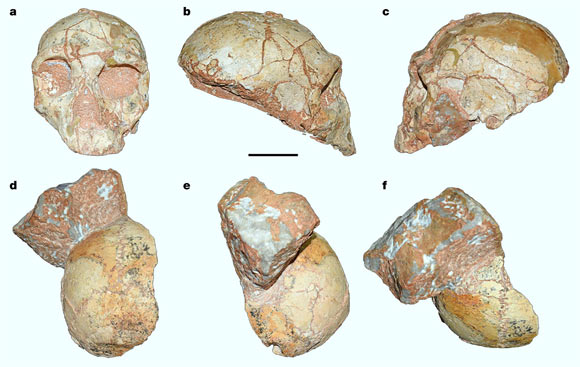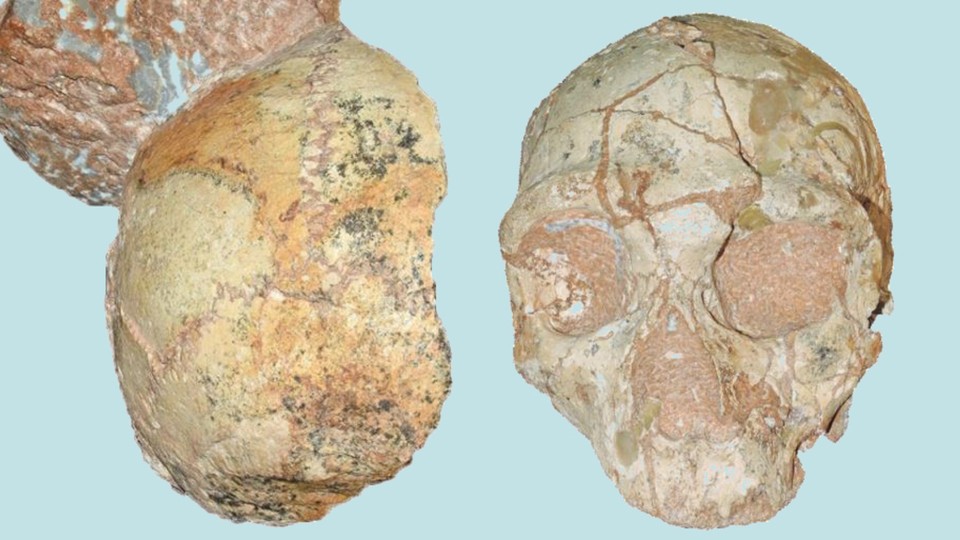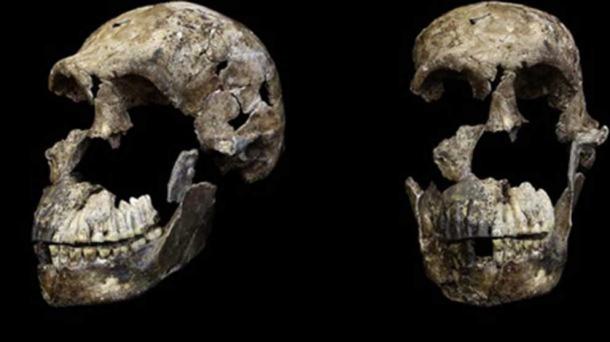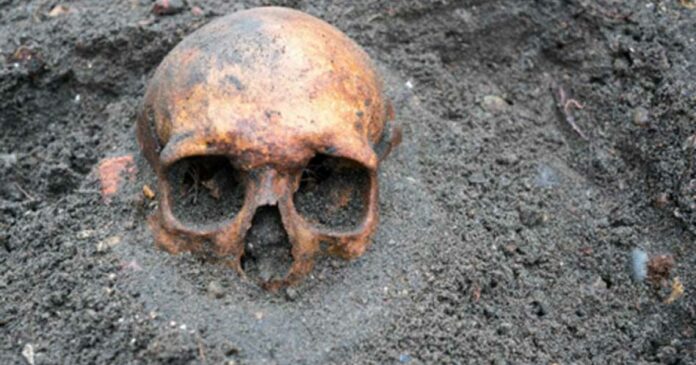The story of human evolution has long captivated our collective imagination, with new discoveries continually challenging and reshaping our understanding of how our species came to dominate the planet. In a groundbreaking new study published in the prestigious journal Nature, researchers have uncovered a remarkable find that could rewrite the timeline of Homo sapiens’ exodus from Africa. A 210,000-year-old human skull discovered in Greece’s Apidima Cave is now the oldest evidence of our species found outside the African continent, pushing back the known date of this momentous migration by more than 50,000 years.
The Discovery of Apidima 1 and Apidima 2

The Apidima Cave, located along the southwestern coast of the Peloponnese peninsula in Greece, has long been a site of interest for paleontologists studying human evolution. In the 1970s, two cranial fossils were discovered within the cave, initially identified as belonging to Neanderthals. The first, known as Apidima 1, comprised half of the rear of a skull case, while the second, Apidima 2, was a largely complete skull that had been heavily distorted during the fossilization process.
Revealing the True Identity of the Fossils

For decades, these fossils remained in the general collection of hominin remains, their true significance unrecognized. However, a recent study led by a multinational team of researchers, headed by Katerina Harvati, has shed new light on these specimens. Utilizing advanced digital reconstruction techniques, the team was able to reverse-model the distortions of Apidima 2, confirming that it was an early Neanderthal dating back around 150,000 years.
The real surprise came with the analysis of Apidima 1. Through a combination of digital recreation and radiometric dating, the researchers determined that this fossil was not a Neanderthal, but rather an early Homo sapiens, dating back an astonishing 210,000 years. This makes it the oldest known example of our species discovered outside of Africa, challenging the long-held belief that modern humans only left the continent much later, around 70,000 years ago.
Implications for Our Understanding of Human Evolution

This groundbreaking discovery adds to a growing body of evidence that the story of humanity’s spread across the world and its interactions with other hominin species is far more complex than previously thought. The traditional linear narrative of modern humans emerging in Africa, displacing earlier hominins, and then sweeping across the globe has been increasingly called into question by a range of new fossil and genetic findings.
The Apidima 1 skull, with its unexpected age and location, highlights the need for a more nuanced understanding of human evolution. It suggests that the initial dispersal of our species out of Africa may have been more sporadic and less successful than the final, more widespread migration that eventually led to the demise of Neanderthals and other related species.
Conclusion
The discovery of the 210,000-year-old Homo sapiens skull in Apidima Cave, Greece, is a testament to the ongoing evolution of our understanding of human origins. This remarkable find challenges long-held assumptions and underscores the complexity of our species’ journey across the globe, interacting with and often coexisting alongside other hominins. As we continue to uncover new evidence, the story of our past becomes ever more intricate, inviting us to approach the past with a greater sense of nuance and an open mind. This discovery promises to be a pivotal moment in the ongoing quest to unravel the mysteries of our shared human heritage.
